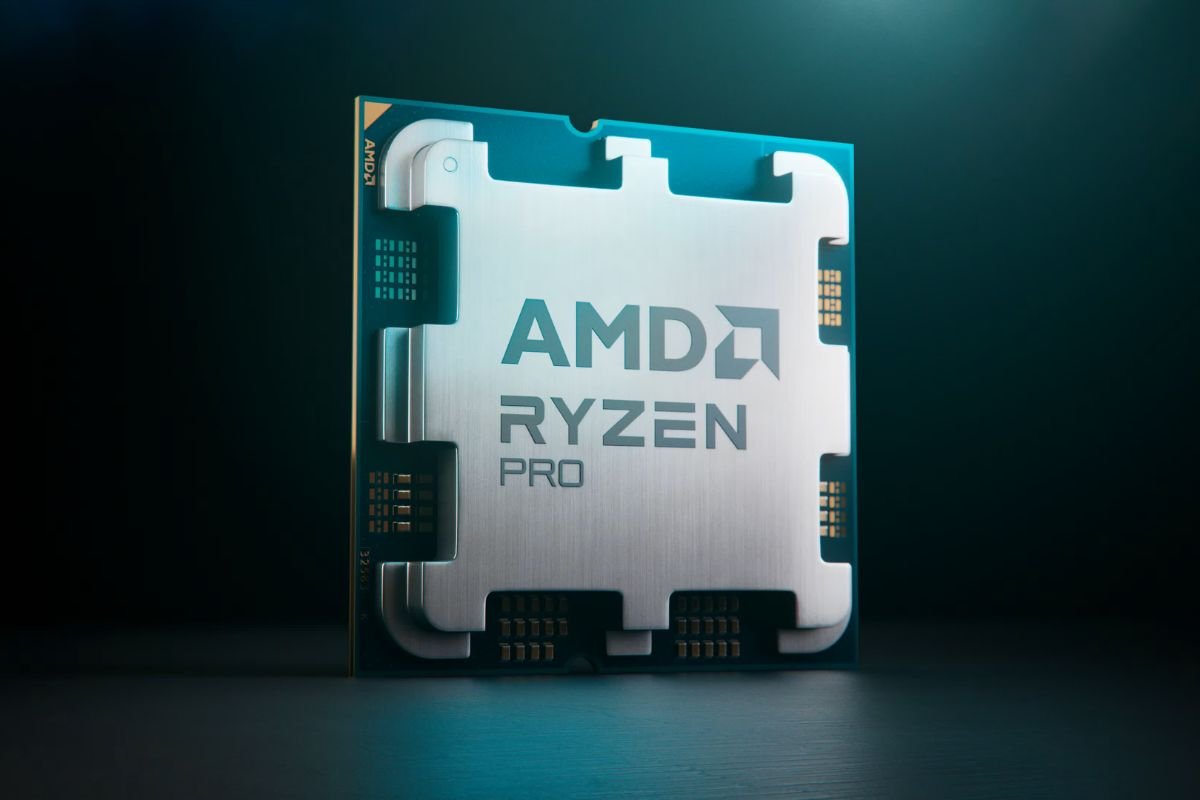Source – techspot.com
Discovery of the ‘Sinkclose’ Security Flaw
A newly discovered security vulnerability, dubbed “AMD Sinkclose flaw,” has been identified in AMD processors, affecting models dating back to 2006. The flaw, uncovered by researchers at IOActive and highlighted in a report, could allow hackers to run unauthorized code within the processor’s System Management Mode, a protected area of firmware. This security gap poses a significant threat, especially to governments and large organizations, as it could enable deep system infiltration. However, the risk to individual users is minimal due to the level of access required to exploit the vulnerability.
AMD’s Response and Unpatched Chips
In response to the discovery, AMD has started releasing updates to address the AMD Sinkclose flaw. However, not all affected processors will receive patches. The company has announced that older models, such as the Ryzen 1000, 2000, and 3000 series, along with the Threadripper 1000 and 2000 series, are “outside our software support window” and will not be patched. While newer processors and AMD’s embedded products are being updated, the decision to leave older models unpatched has sparked concern among users and security experts. Despite this, AMD reassures that exploiting the flaw would require extensive access to the target system, making it less of a threat to the average user.
Implications and Ongoing Concerns
The AMD Sinkclose flaw has raised alarms due to its potential to allow undetectable and unpatchable malware to deeply infect systems. IOActive warns that the flaw could survive a complete operating system reinstallation, making it nearly impossible to eliminate once embedded. This has particularly troubling implications for large organizations and government entities, where such a vulnerability could be disastrous. Although AMD has released mitigation options for some products and emphasized the difficulty of exploiting this flaw, the urgency for comprehensive patches remains high. IOActive, while withholding proof-of-concept code, has stressed the importance of swift action, noting that the flaw undermines the foundational security of affected systems.









